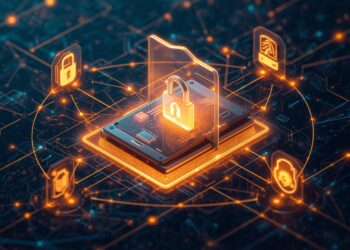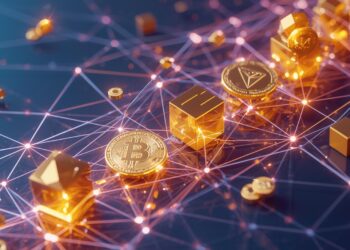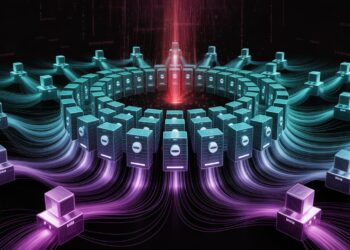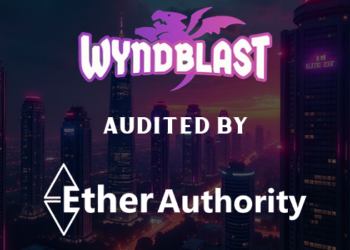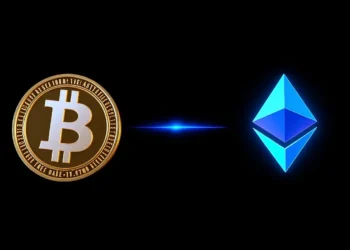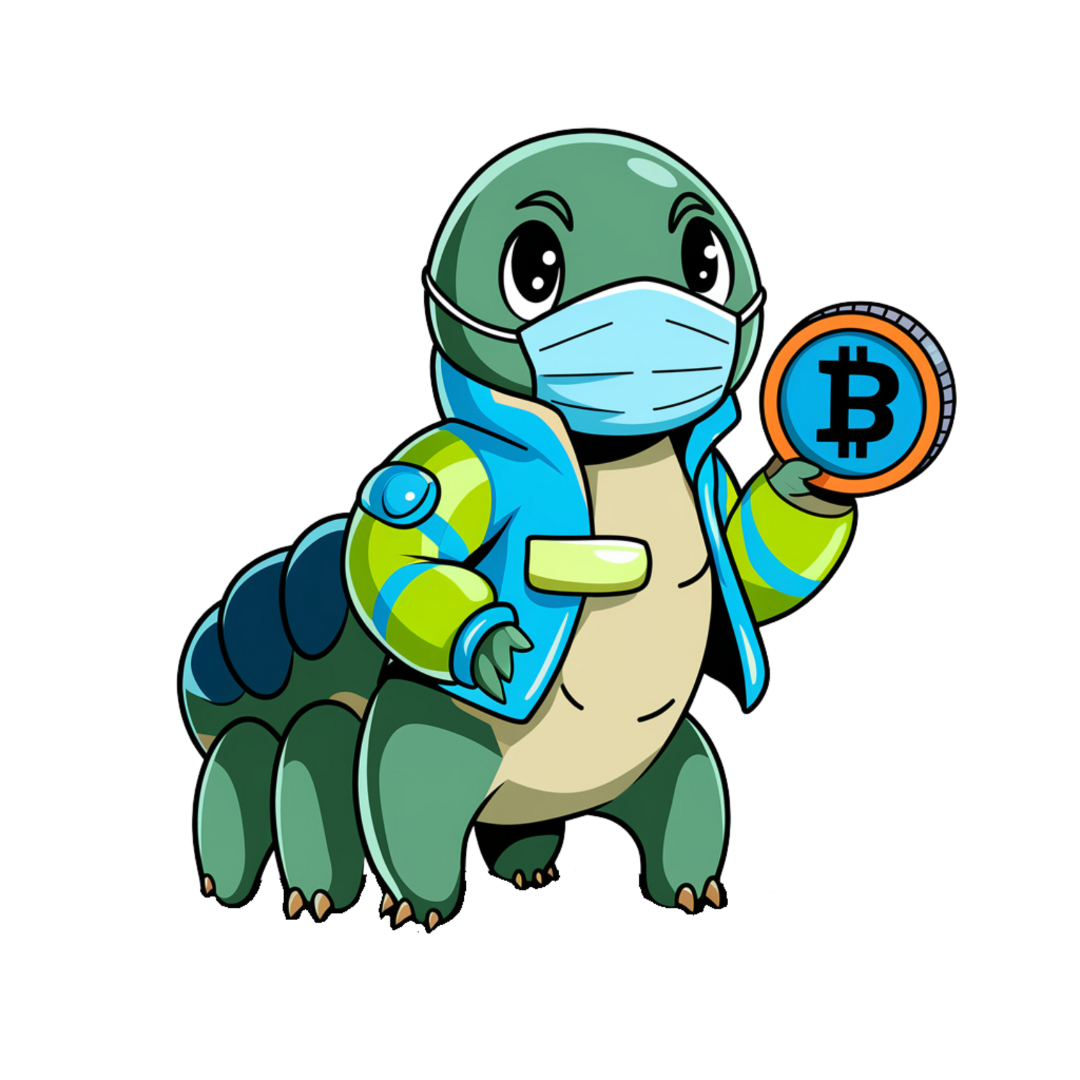Introduction
Blockchain technology is spreading fast across all kinds of industries. It’s no longer just for cryptocurrencies; now it’s changing how we play games. Many gamers and developers see blockchain as a way to make games more fair, secure, and fun. With more platforms built on blockchain and new players joining every day, the industry is buzzing with excitement. This article explores how blockchain can shake up gaming—covering ownership, economies, fairness, and more—with real examples and clear insights.
How Blockchain is Shaping the Future of Gaming
Blockchain impacts gaming in big ways. It makes game worlds more transparent, and players can trust what’s happening behind the scenes. Decentralization means no single company controls everything, giving players more power. Security is up because blockchain keeps records that can’t be easily changed. Recent studies show that blockchain gaming grew over 50% last year, bringing millions of users into the fold. Experts say this tech could do to gaming what social media did to communication—disrupting old ways and creating new opportunities.
In-Game Asset Ownership and NFTs
Digital Asset Ownership and True Ownership Rights
One of blockchain’s biggest advantages in gaming is giving players real ownership of their assets. Instead of just having items locked inside a game’s servers, gamers can truly own, trade, and sell these assets. This shift lets players profit from their work. For example, Axie Infinity let users buy, breed, and sell fantasy creatures called Axies as NFTs. This gave players control and opened up new ways to earn online.
Non-Fungible Tokens (NFTs) in Gaming
NFTs are special digital items that are unique and can be traded. They include skins, characters, virtual land, or rare collectibles. Because NFTs are stored on blockchain, their ownership is clear and tamper-proof. This creates a lively market where assets can fetch high prices. Decentraland and The Sandbox are big names where players buy and sell virtual land as NFTs, creating thriving virtual economies.
Security and Provenance of Digital Assets
Blockchain makes digital assets more trustworthy. Every transaction is recorded and visible, so players can see the history of their items. This helps prevent fraud or fake items from entering the game world. Gamers can verify that their NFT assets are genuine by checking their blockchain records, making theft or duplication much harder.
Play-to-Earn (P2E) Models and Blockchain-based Economies
Overview of Play-to-Earn Mechanics
Play-to-earn games let players earn real money through gameplay. Unlike traditional games, where you buy and play without earning, P2E titles reward players for their time and effort. Games like Axie Infinity or Illuvium show how players can make income by battling, breeding, or exploring. This business model boosts player commitment and turns gaming into an income source.
Cryptocurrency Integration and Incentives
Many blockchain games use their own coins or tokens for rewards, trading, and voting. These tokens work like digital cash within the game. Players can buy, sell, or exchange them for other cryptocurrencies or real money. By doing this, transactions become quick, safe, and borderless. Industry experts believe these mechanics will keep attracting more people and stay sustainable if managed well.
Challenges and Opportunities
Though promising, blockchain gaming faces hurdles. Token prices can be volatile, and governments are watching closely. Developers need to balance making a game fun and building a stable economy. Still, this creates opportunities for developers to grow creative and for players to earn from their skills. Smart token design can help create a lasting game economy.
Blockchain for Fair Play and Transparent Game Mechanics
Ensuring Fairness through Immutable Records
Blockchain keeps a record of game results, ensuring they can’t be altered. This means everyone can trust that outcomes are fair. Relying on blockchain for random number generation and cheat detection makes it harder for players to cheat. Enjin, for example, uses blockchain to verify actions, making gaming fairer.
Decentralized Game Development and Governance
Games built on blockchain often let players participate in decisions through voting. This makes development more transparent and community-focused. Decentraland is a good example, where users own governance tokens that they can use to shape the game’s future. This approach empowers players and creates shared ownership.
Combating Cheating and Fraud
Blockchain’s transparency helps spot cheating or fake items quickly. All transactions are tracked openly, making it easier to catch malicious behavior. Developers also use specialized protocols that verify gameplay actions to prevent hacking or cheating, making online gaming safer for everyone.
Cross-Platform and Interoperability of Gaming Assets
Asset Portability Across Games
One big benefit of blockchain is the ability to move assets from one game to another. Imagine taking your rare sword from one game and using it in another. Interoperable NFTs allow for this kind of flexibility. Platforms like WAX and Flow are making these cross-game assets possible, creating interconnected virtual worlds.
Bridging Traditional and Blockchain Games
Some developers are blending old-school games with new blockchain tech. This means players can carry their assets over or trade between the two worlds. Using standards like ERC-721 and ERC-1155 makes these integrations easier. This approach broadens options for players and attracts more users to blockchain-enabled gaming.
Future Trends and Challenges in Blockchain Gaming
Looking ahead, blockchain gaming will likely grow in areas like virtual worlds, 3D assets, and esports. More players want custom digital items and opportunities to monetize gameplay. However, challenges remain, including regulatory issues and tech limits like scalability and energy use. Industry analysts predict blockchain gaming will expand rapidly over the next five years, opening doors to new business models, innovations, and gameplay experiences.
Conclusion
Blockchain’s magic lies in ownership, fairness, and borders that come down. It helps gamers own their assets, earn money, and trust the game mechanics. As this technology spreads, we’ll see more decentralized platforms, transparent economies, and creative gameplay. Developers and players alike should explore these new paths for a more open, fair, and exciting gaming future. Whether you build or just play, blockchain’s influence is reshaping how the world thinks about digital entertainment. Now’s the time to get involved and see how blockchain can fuel your next gaming adventure.
Join Us : Twitter | Website | GitHub | Telegram | Facebook | YouTube







